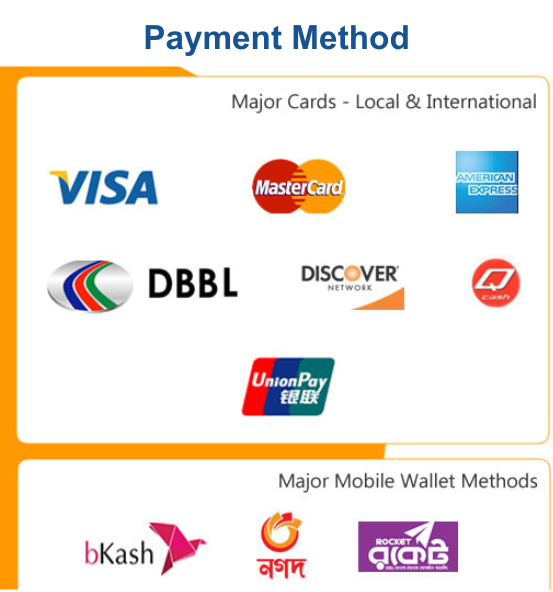The IELTS Reading section can pose a significant challenge due to its time constraints and the complexity of the passages. However, with strategic preparation and effective techniques, you can elevate your reading proficiency and achieve a desirable score. This guide will furnish you with practical tips and strategies to excel in the IELTS Reading test.
Understanding the IELTS Reading Test
The IELTS Reading test comprises three passages, each followed by a set of questions. You have 60 minutes to read the passages and answer 40 questions. The passages cover various topics and can be descriptive, analytical, or argumentative in nature.
Key Areas for Improvement
1. Skimming and Scanning
- Skimming involves quickly reading the passage to get a general overview of its main ideas and structure.
- Scanning involves searching the passage for specific information, such as names, dates, or keywords.
- Mastering these techniques will enable you to locate relevant information efficiently.
2. Understanding Main Ideas
- Identify the central theme or argument of each passage.
- Pay attention to topic sentences and concluding sentences, as they often summarize the main points.
- Discern the author’s purpose and tone.
3. Identifying Supporting Details
- Recognize the evidence and examples the author uses to support their claims.
- Pay attention to specific details, such as facts, statistics, and quotations.
- Distinguish between major and minor supporting details.
4. Vocabulary and Paraphrasing
- Build a strong vocabulary to comprehend the passages and answer the questions accurately.
- Learn synonyms and antonyms to understand paraphrased information.
- Practice identifying collocations and idioms.
5. Inference and Implication
- Draw logical conclusions based on the information provided in the passage.
- Understand implied meanings and subtle nuances.
- Avoid making assumptions that are not supported by the text.
6. Time Management
- Allocate your time wisely across the three passages.
- Aim to spend approximately 20 minutes on each passage, including reading and answering questions.
- Don’t dwell on difficult questions; move on and come back to them later if you have time.
7. Question Types
- Familiarize yourself with the different question types, such as multiple choice, matching, true/false/not given, sentence completion, and summary completion.
- Understand the specific requirements for each question type and practice answering them effectively.
General Tips for Improvement
1. Read Extensively
- Cultivate a habit of reading a wide variety of materials, such as newspapers, magazines, academic articles, and fiction.
- This will expose you to diverse writing styles, vocabulary, and topics, thereby enhancing your reading comprehension.
2. Practice Regularly
- Consistent practice is vital for improving your reading skills.
- Utilize official IELTS practice materials to acquaint yourself with the test format and question types.
- Set aside dedicated time for reading practice each day.
3. Focus on Weak Areas
- Identify your specific challenges in reading, such as understanding complex sentence structures, identifying synonyms, or making inferences.
- Target these areas with focused practice and seek additional support if needed.
4. Expand Your Vocabulary
- Actively learn new words and phrases, and practice using them in context.
- Employ vocabulary-building tools, such as flashcards and online resources.
- Pay attention to word families and collocations.
5. Develop Your Grammar
- A solid grasp of grammar is crucial for comprehending complex sentence structures and understanding the relationships between ideas.
- Review essential grammar rules and practice applying them in reading exercises.
6. Stay Focused and Avoid Distractions
- During the test, maintain focus and avoid getting sidetracked by external factors.
- If you find your mind wandering, take a brief moment to refocus and then continue reading.
7. Utilize Next Step IELTS Resources
- Next Step IELTS provides a plethora of resources to bolster your reading skills, including online courses, practice tests, and personalized feedback.
- Leverage these resources to optimize your preparation and boost your confidence.
Specific Tips for Different Question Types
1. Multiple Choice
- Read the question and options carefully.
- Scan the passage for relevant information.
- Eliminate incorrect options based on the information in the passage.
- Choose the option that best answers the question.
2. Matching
- Read the list of options and the statements carefully.
- Scan the passage for information that matches the statements to the options.
- Pay attention to keywords and paraphrasing.
3. True/False/Not Given
- Read the statements carefully.
- Scan the passage for information that supports or contradicts the statements.
- If the information is not explicitly stated in the passage, the answer is “Not Given.”
4. Sentence Completion
- Read the incomplete sentences carefully.
- Identify the type of information missing (e.g., noun, verb, adjective).
- Scan the passage for the missing information and complete the sentences grammatically.
5. Summary Completion
- Read the summary carefully and identify the key points.
- Scan the passage for the missing information and complete the summary using keywords and phrases.
Conclusion
Improving your IELTS reading skills necessitates dedication and consistent practice. By adhering to the tips and strategies outlined in this guide and utilizing the resources offered by Next Step IELTS, you can elevate your performance and attain your target score. Remember to practice regularly, focus on your weak areas, and approach the test with confidence. With adequate preparation, you can triumph in the IELTS Reading section.
Additional Tips:
- Use official IELTS practice materials: These materials are designed to mirror the actual test format and difficulty level.
- Join an IELTS study group: Studying with others can help you stay motivated and receive valuable feedback.
- Consider taking an IELTS preparation course: A course can provide you with structured guidance and support.
- Don’t give up: Even if you encounter challenges in IELTS reading, persist with your practice, and you will witness gradual improvement.
Remember, the key to success lies in consistent practice and a willingness to learn. Best of luck on your IELTS journey!
I hope this comprehensive guide proves beneficial in your IELTS reading preparation. Feel free to ask if you have any further questions.


